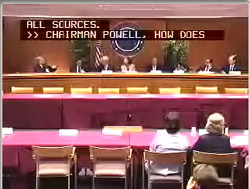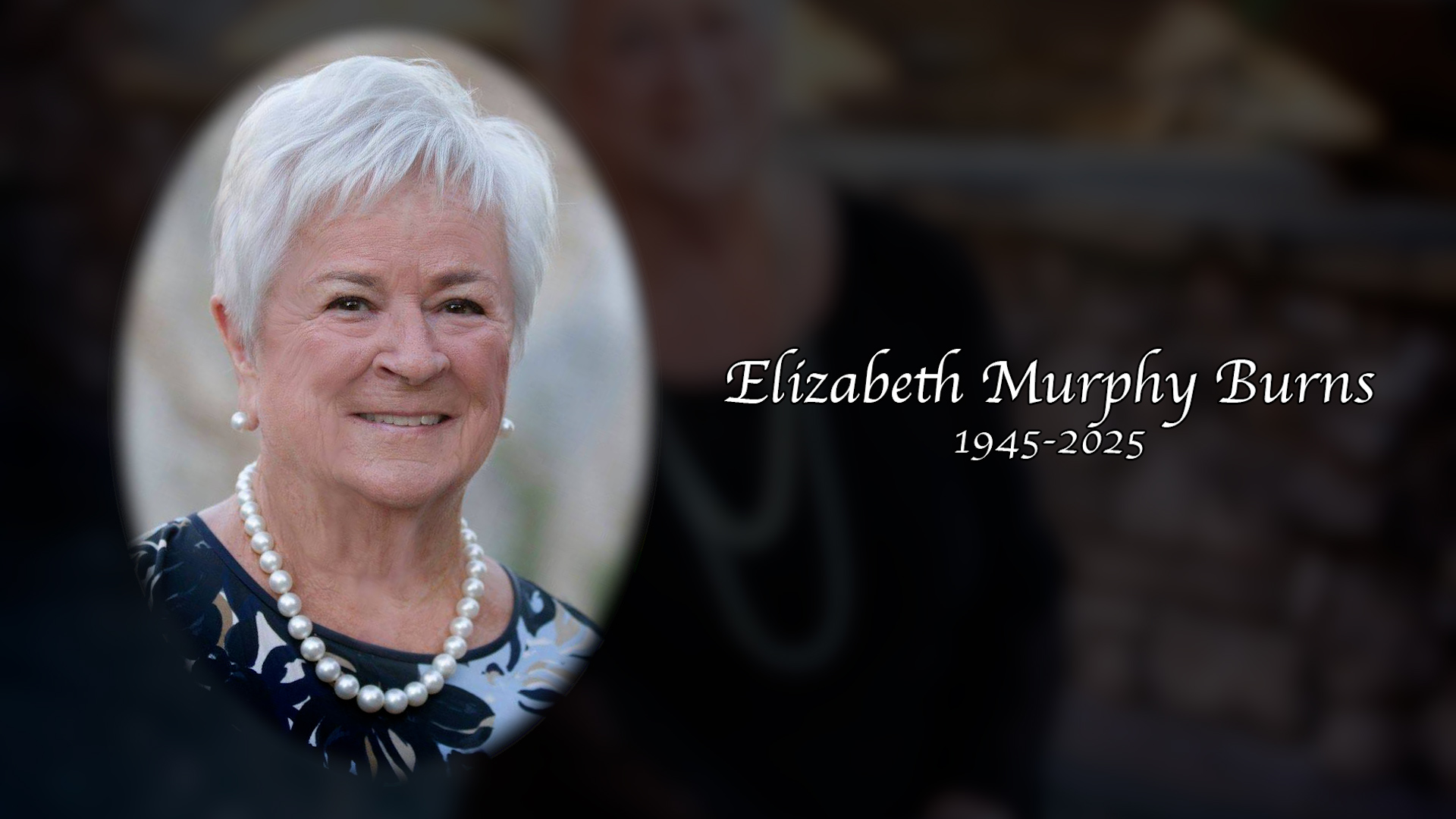FCC, Homeland Security Department, media square off on terror reporting
There may be no simple answers to how the news media and government interact to best serve the public in times of emergencies like terror threats, but at least the right questions are being asked.

Government officials and media representatives held a meeting today to discuss ways the two can work together to inform the public of disasters and attacks.
During a panel discussion today at FCC headquarters in Washington, D.C., representatives from the media, local and national emergency agencies, the FCC and media management laid out their perspectives on how best to go about it. The panel was part of a media forum on government, the media and terror that was jointly sponsored by the FCC and the Department of Homeland Security.
FCC commissioner Jonathan Adelstein pointed to the experience of small market broadcasters who have demonstrated willingness to turnover their airwaves to local authorities to inform the public in times of emergencies. There must be an “ability to trust government” in times of emergency, and the government must “not abuse that trust,” he said. “It could really save lives,” Adelstein added.
Panel moderator Sam Donaldson of ABC News questioned the wisdom of relinquishing editorial judgment, even in times of emergency. “Stations want to cooperate, but what does that mean?” he asked. “Should a local station take that (government) information and suspend its own news judgment? And if we do that, what is the danger if the government is wrong?”
Panelist Leon Harris, WJLA-TV news anchor, pointed out that it’s not unusual for the news media to receive conflicting information from various government entities during breaking events, such as natural disasters and terror threats. During the Washington, D.C., sniper case “there was such a difference” between how various law enforcement agencies wanted material disclosed, that turning over the airwaves to a single government official would have been both unwise and impossible, he said.
What separates leading TV news operations from the pack is seasoned editorial judgment, established relationships with government officials and experts in a variety of fields, such as weapons that could be used during a terror attack, and an established, rehearsed plan for dealing with disasters, said Hearst-Argyle Television CEO David Barrett, who also chairs the Media Security and Reliability Council.
Get the TV Tech Newsletter
The professional video industry's #1 source for news, trends and product and tech information. Sign up below.
Panelist Topper Shutt, chief meteorologist at WUSA said part of that planning at his station has involved acquiring software to run simulations of chemical dispersions under various meteorological conditions.
Context is what’s needed in reporting on possible terror attacks, according to panelist Susan Neely, assistant secretary for Public Affairs at the Department of Homeland Security. “Don’t skimp on the context,” she said.
Television journalism recently showed its ability to offer context in reporting a possible terror incident. An envelope containing white powder had been found and a field test indicated that the powder was anthrax. While journalists reported the find, they also told the public that field tests often produce a false positive, which turned out to be the case, she said.
Panelist Steve Souder, director, Montgomery County, MD, 911 Emergency Communications Center, emphasized the need to establish a relationship between the media and government officials prior to an event.
For his part, FCC Chairman Michael Powell, who also sat on the panel, urged the media to inform the public about possible terror threats and raise their awareness of what to do in case of an emergency. “Teach our citizens about what we may be facing,” he said.
However, he warned the media that in doing so there is always the possibility that the public will become overwhelmed to the information, mentally tuning it out and opening themselves up to real problems when an event actually does occur. “I worry about crying wolf. I think the one thing the public needs to know is what to be looking for,” he added.
To watch a streaming media presentation of the panel discussion, please visit: www.fcc.gov/realaudio/#jun2b.
